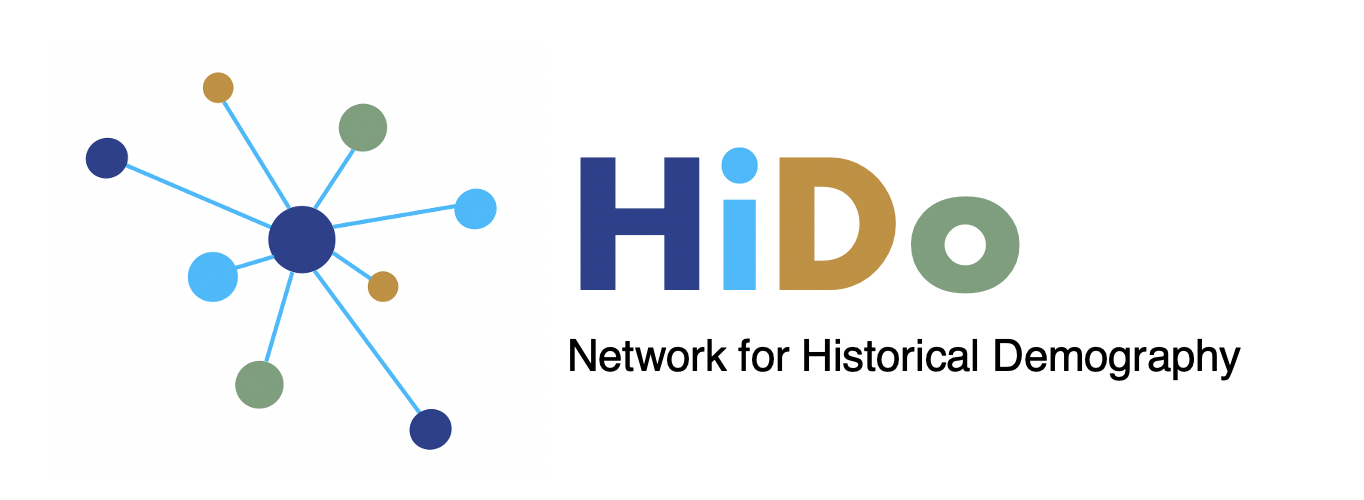Mission
HiDo promotes historical demography at the international level by broadening and deepening scientific knowledge and increasing capacity building in collaborative partnerships. HiDo is organised around five working groups, each focusing on a particular theme.
International comparisons of causes of death (1850-1950)
Coordinator:
Angélique Janssens (RU Nijmegen)
Using exceptional cause-of-death registers and the SHiP historical cause-of-death classification system, this working group examines causes of death by age, gender, occupation/social class in times of epidemics. The aim is to uncover how epidemic disease spread and gradually disappeared. This kind of individual-level research will shed light on the roots of the health inequalities and the impact of epidemic disease, obviously a key issue in contemporary research on health and mortality.
Long term trends in partner choice, love and marriage (1800-today)
Coordinators:
Paul Puschmann (RU Nijmegen) and Joana Maria Pujadas Mora (CED Barcelona)
Historical demographers have mostly studied changes regarding the first demographic transition, while demographers focus on the second demographic transition. What is lacking is the long term perspective, which connects the two transitions. Thanks to the enhancement of digital data projects, this group studies changes in partner choice and family formation from the early 19th century until today, allowing a much deeper understanding of the roots of changes in the private lives of individuals and families.
Historical demography of colonial societies
Coordinators:
Hilde Bras (University of Groningen) and Sarah Walters (London School of Hygiene and Tropical Medicine)
This working group aims to improve our understanding of the interactions between demography and colonization by examining potential sources and methodologies for the population history of colonial societies in the past. By collaborating with HiDo partners who have shown the way forward, HiDO furthermore hopes to be able to use these approaches to former Belgian colonial populations.
Citizen science in historical demography
Coordinators:
Isabelle Devos (UGent) and Hilde Sommerseth (The Artic University of Norway)
The goal of this working group is to share experiences and the best practices on ways to address the challenges facing citizen science in historical demography, such as data quality and the recruitment and management of citizens. As such, HiDo wants to help in establishing a strong tradition of public involvement in historical demography internationally and in Flanders.
Exploring the links between genetics and historical demography
Coordinators:
Niels van den Berg (Leiden University Medical Center) and Sofie Claerhout (KU Leuven)
This working group aims to foster collaborations between historical demographers on the one hand and biologists and geneticists on the other hand, by exploring whether certain fixed genetic traits are linked to certain demographic behaviors and outcomes within families across generations. This will be done by linking new and existing DNA samples on present day populations to historical demographic databases, such as the Antwerp COR*-database and the Dutch LINKS
